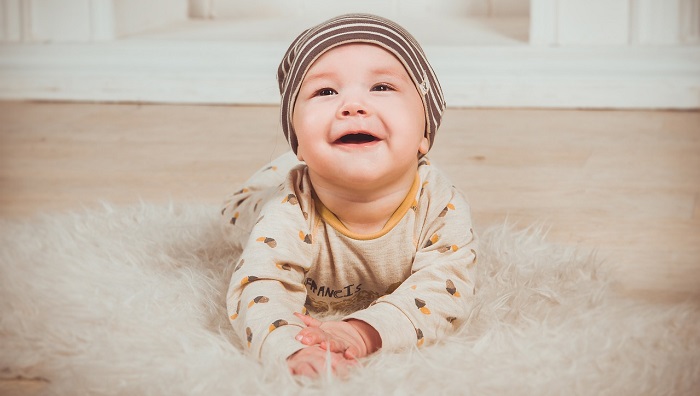Podcast: Play in new window

BOB HIRSHON (host):
Baby talk. I’m Bob Hirshon and this is Science Update.
(Baby “ba-ba-ba” sounds)
Babies just love the sound of other babies, according to science. In an experiment, McGill University speech scientist Linda Polka and her team found th at 4 to 5-month-old infants pay more attention to the high-pitched babbling sounds made by other infants than to the vocalizations of their own parents.
LINDA POLKA (McGill University):
The babies chose to listen much longer to the infant sounds.
HIRSHON:
Some even smiled or moved their mouths as if to practice talking. Polka thinks this preference for baby sounds may be crucial to future speech development.
POLKA:
They need to pay attention to their own voice because that’s going to play a very imporant role in their learning to talk.
HIRSHON:
At a recent meeting of the Acoustical Society of America, she noted that this could also help explain why many adults talk to babies in a high-pitched voice. I’m Bob Hirshon, for AAAS, the science society.
Story by Susanne Bard
